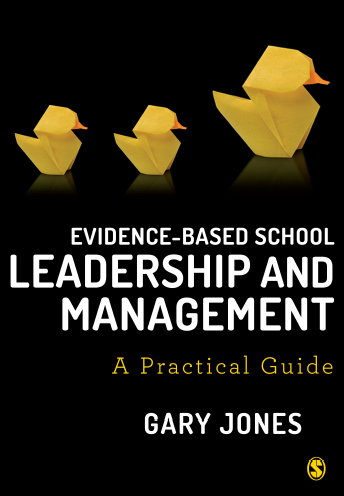Over the last few weeks I have been fortunate enough to see
both Geoff Barton @RealGeoffBarton and Jill Berry @jillberry speak at
conferences. A theme common to
both presentations was the need for school leaders, despite concerns about
funding, teacher retention and recruitment to remain optimistic. And
although there are huge pressures of accountability within English schools,
school leaders should remember to focus on the joy of teaching young people and
the positive change that they can bring to young peoples’ lives.
Now it just so happens that I’m reading the late Hans
Rosling’s recently published book:
Factfulness:
Ten reasons we’re wrong about the world – and why things are better than you
think. Rosling argues that when asked simple questions about global trends
in the world, people systematically get the answers wrong.
However, the world despite all the challenges
we are facing, would appear to be in a much better state than we think.
Unfortunately, we have a tendency to worry
about everything all of the time, rather than adopting a world view based on
facts.
As a result, we lose our ability
to focus on those things that matter most.
Instead, we should adopt a stance of
factfulness
which involves the stress reducing habit of only carrying opinions for which
you have strong supporting facts.
To help us to adopt a stance of factfulness – Rosling
suggests that we adopt 10 rules of thumb
- Gap – recognizing
that when a story talks about a gap – this paints a picture of two separate
groups, with a gap in between. The
reality is often not polarised – usually the majority are in the middle – just
where the gap is supposed
- Negativity –
recognizing when we get negative news, remembering that information about bad
events is much more likely to reach us – when things are getting better we
don’t often hear about them
- Straight line – recognizing
the assumptions that a line will just continue straight – and that such lines
are rare in reality
- Fear – remember
that frightening things get our attention – and recognising that these things
are not necessarily the most risky
- Size – recognizing
when a lonely number seems impressive (small or large) and remembering you
could get the opposite impressions if it were compared with or divided by some
other relevant number
- Generalization – recognizing
when a category is being used an explanation, and remembering that categories can be divided into sub-categories
- Destiny –
recognizing that many things (including people, religions, cultures, countries)
appear to be constant just because change is happening slowly
- Single –
recognizing that a single perspective can limit your imagination
- Blame –
recognizing when a scapegoat is being used and remembering that blaming an
individual often steals the focus from other plausible explanations
- Urgency – recognizing
when a decision feels urgent and remembering that it rarely is
So what does this
mean for those involved in the leadership of schools?
Rosling et al argue the most important thing that we should
be teaching our children is humility and curiosity, and which for me are
equally important for school leaders.
For Rosling et al being humble is all about recognising how
difficult it is for your instincts to get out of the way of the ‘facts’. It
requires you to be realistic about what you know and don’t know. It’s about asking yourself the questions –
what evidence or new facts would it take to change my mind. Rosling et al argues this is a far more relaxing
stance to take – as you no longer have to be right about everything all of the
time. It’s ok to say, I don’t know, so
let’s find out together.
Rosling et al argue being curious means being open to new
information, facts, ideas and perspectives.
It demands that you allow new information to challenge your existing
ideas, preconceptions and perspectives.
It requires you to say – you know
what, I got that wrong – let’s see what we can learn from this. But it also requires you to recognise that what
you have learnt in the past – be it at university, in teacher-training or through experience – may well be
outdated. What’s right at the start of
your career, and may, 10 or 20 years later be out of date or just plain wrong.
And finally
Please don't think I'm saying all is rosy in English schools and the important trends are all heading in an upward direction. Rather I'm just asking that you understand how the grounds on claims are being made, the nature of the claim, the warrant for the claims, whether than warrant has strong backing, whether qualifications to the claim, and whether there any rebuttals.
Reference
Rosling, H., Rosling, O. and Rosling Ronnlund, A.
(2018). Factfulness: Ten Reasons We're
Wrong About the World - and Why Things Are Better Than You Think. London.
Sceptre.

